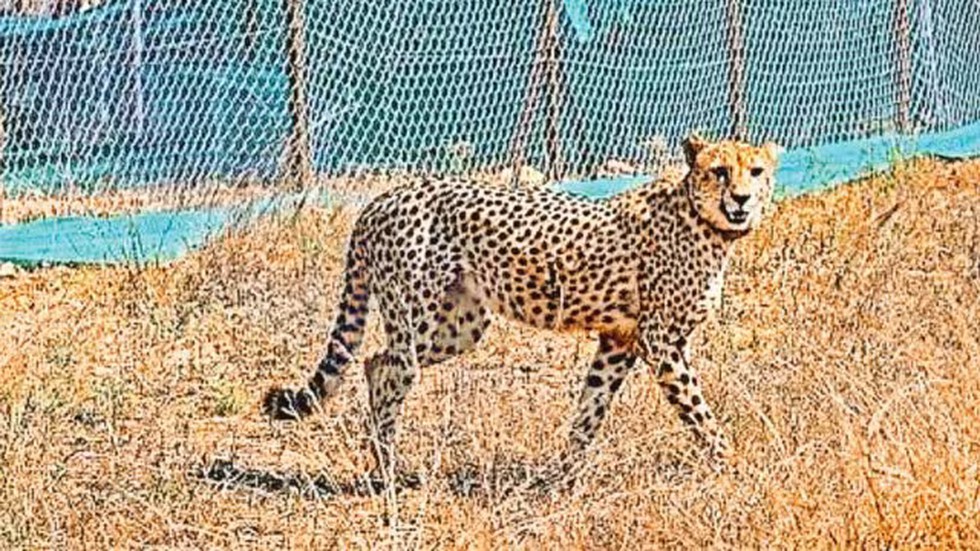About Cheetah Relocation from Kuno to Gandhi Sagar
- The Cheetah Project Steering Committee was set up in May 2023 by the National Tiger Conservation Authority (NTCA) to review, monitor, and advise on the cheetah reintroduction program.
- Project Cheetah began in 2022 with the translocation of 8 cheetahs from Namibia and 12 from South Africa to Kuno National Park, but the project has faced setbacks, with 8 adult cheetahs and 5 cubs dying so far.
- Gandhi Sagar Wildlife Sanctuary has been identified as a key part of establishing a cheetah meta-population of 60–70 individuals across the Kuno–Gandhi Sagar landscape, which stretches across Madhya Pradesh and Rajasthan.
- As of now, there are 26 cheetahs at Kuno, of which 17 are in the wild and 9 are still inside large enclosures. It is yet to be decided whether the relocated cheetahs will come from the wild or enclosures.
- According to forest officials, prey species at Gandhi Sagar currently include chinkara, chousingha, nilgai, and chital.
About Cheetahs
- Cheetahs breed year-round, with peak breeding during the rainy season. Females reach sexual maturity between 20–24 months, while males mature later, at 24–30 months.
- The gestation period of a cheetah is approximately 90–95 days, and they typically give birth to 3–5 cubs.
- Cheetahs are listed as Vulnerable on the IUCN Red List.
- They are protected under Schedule II of the Wild Life (Protection) Act, 1972.
- They are also included in Appendix I of the Convention on International Trade in Endangered Species (CITES), offering the highest level of protection from international trade.
